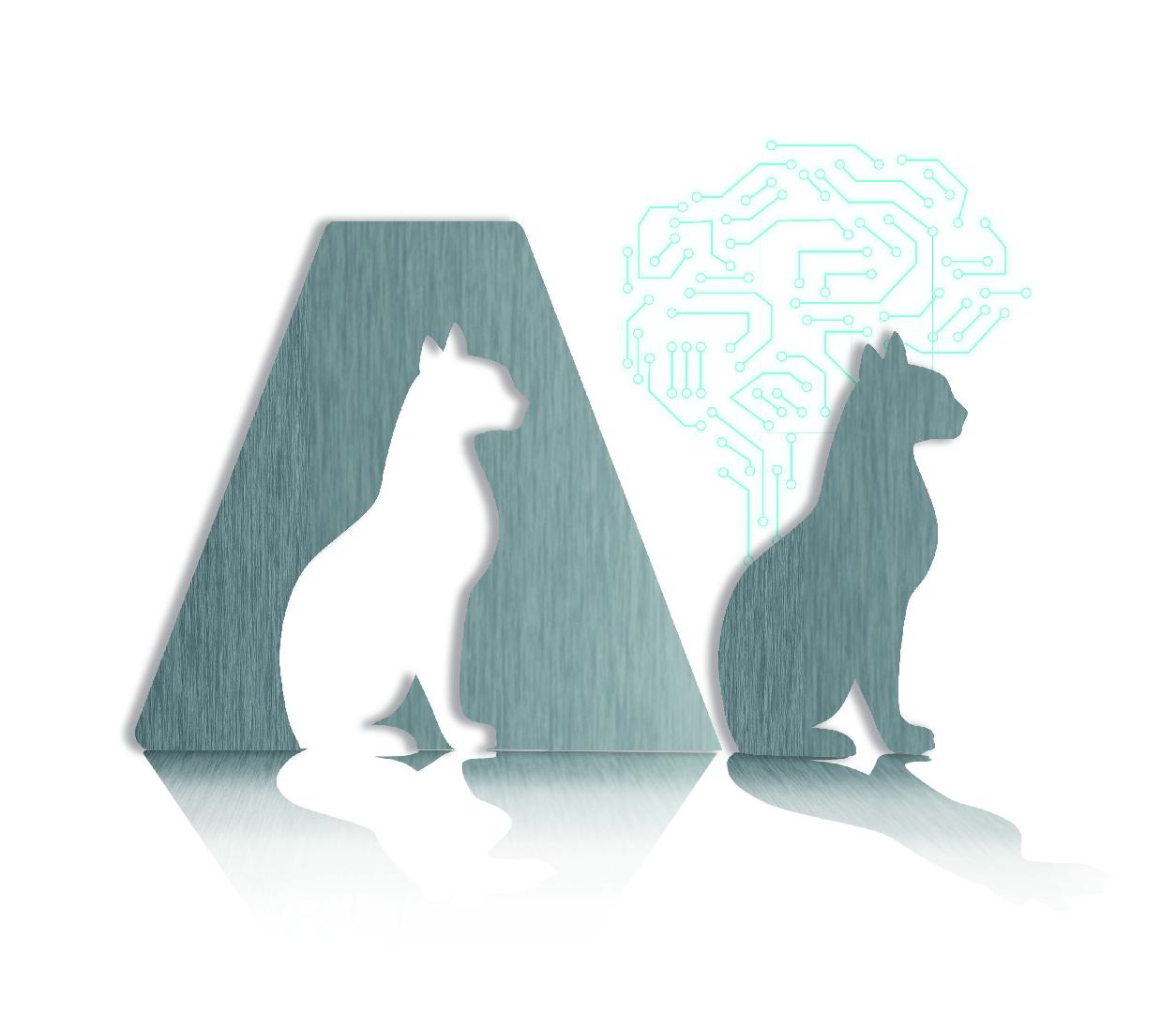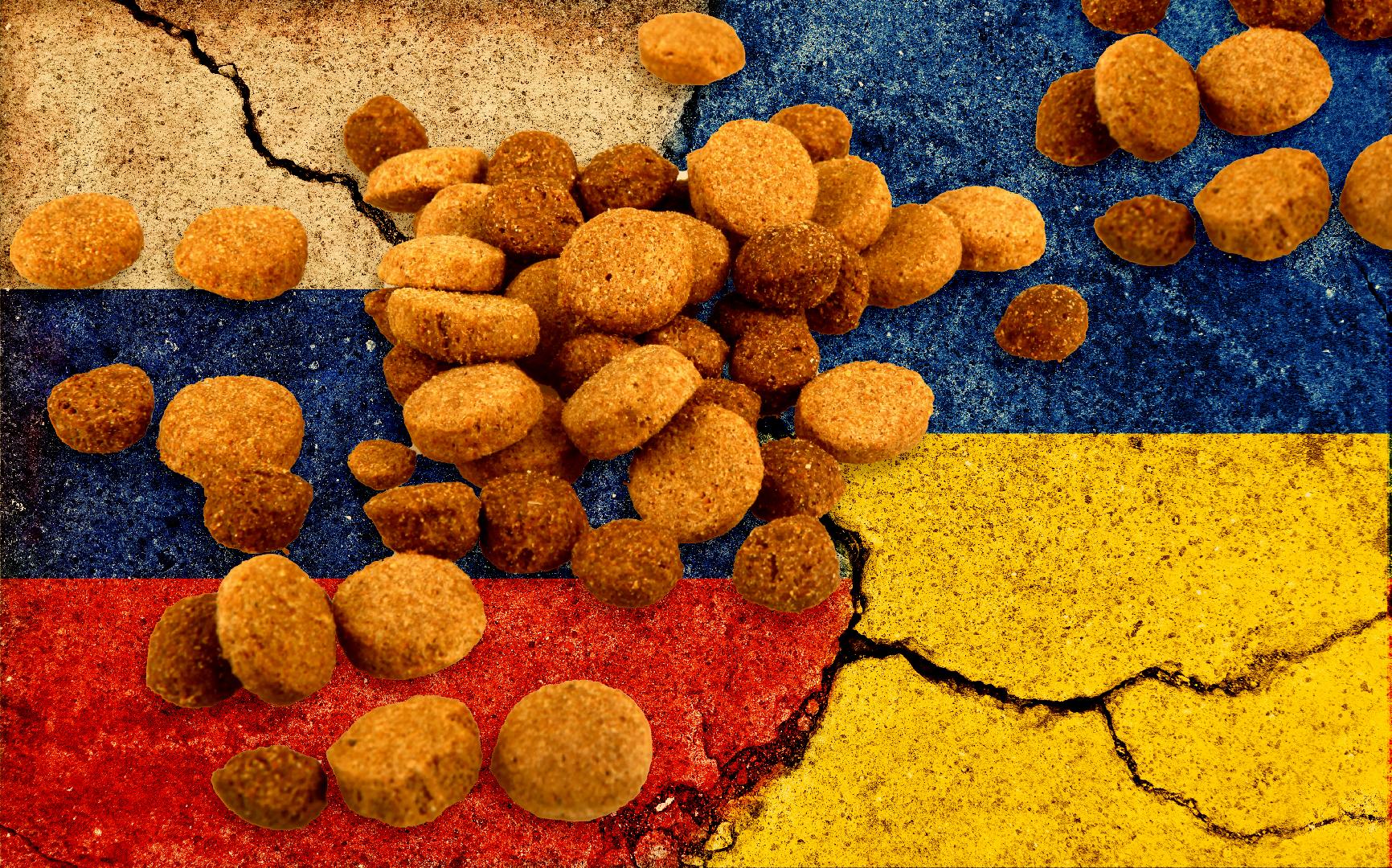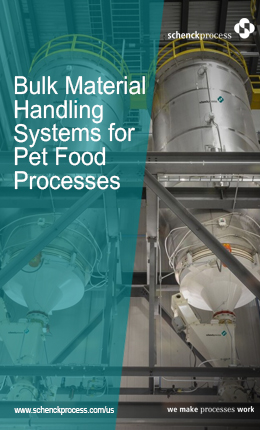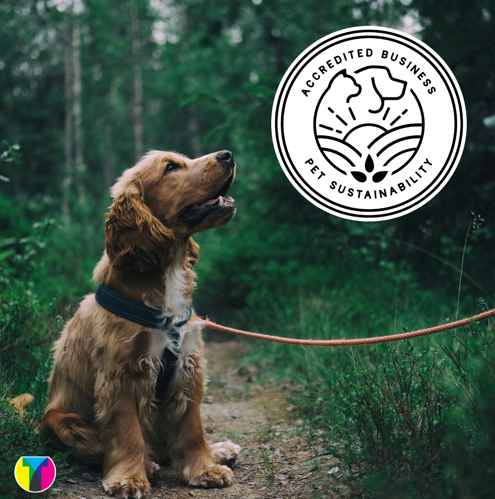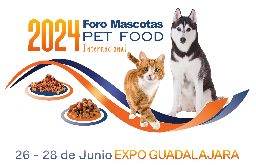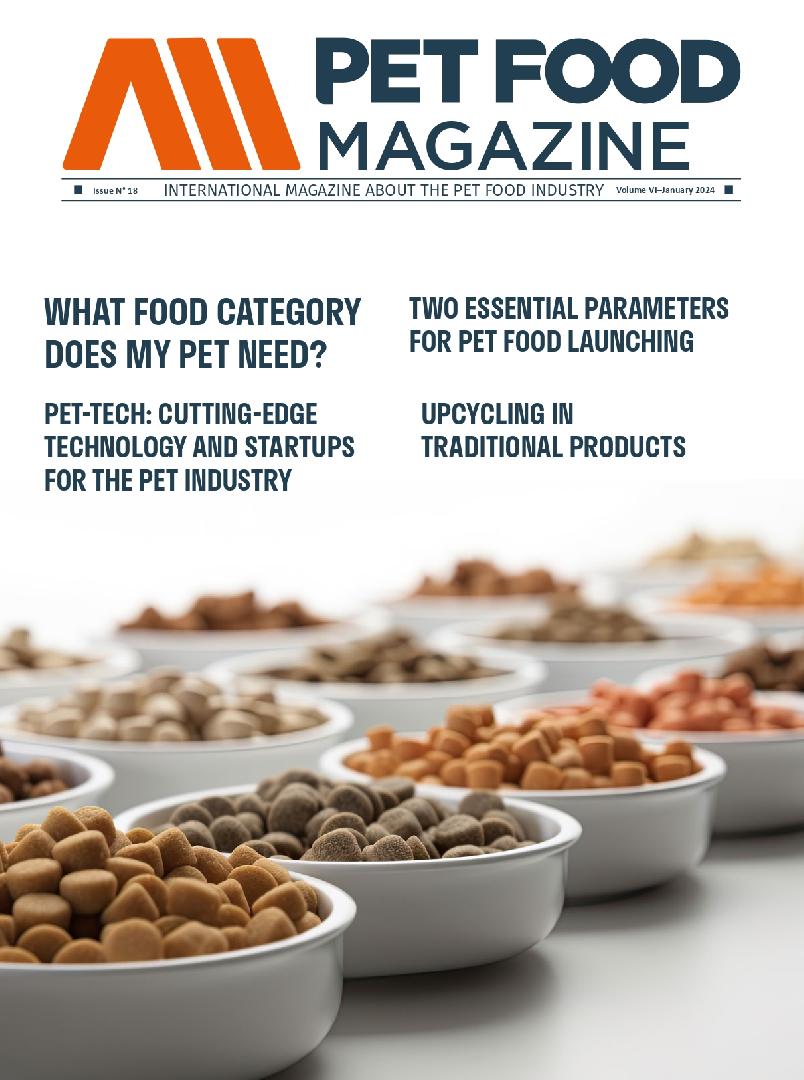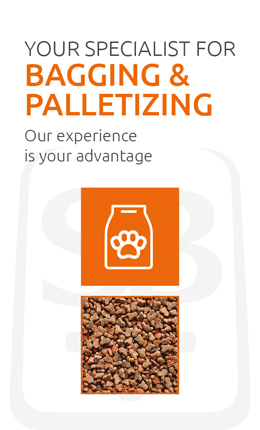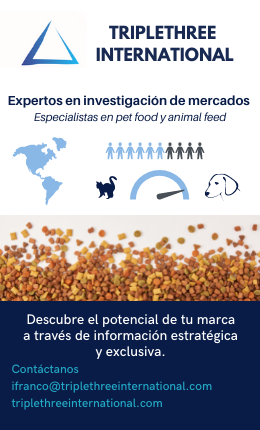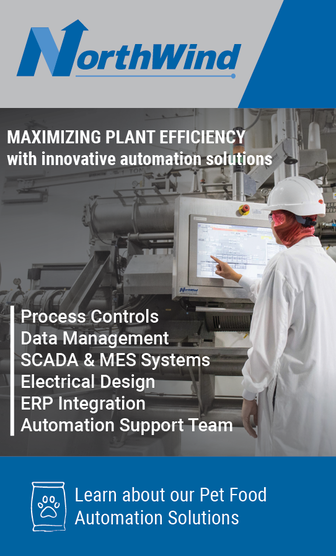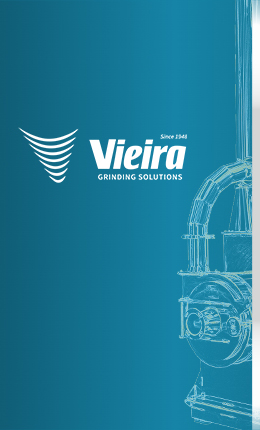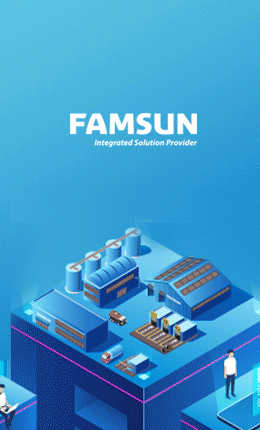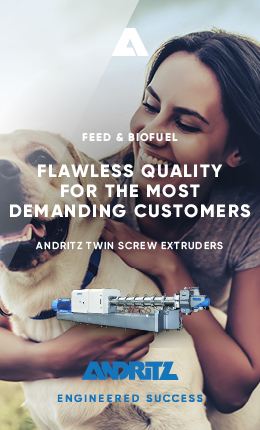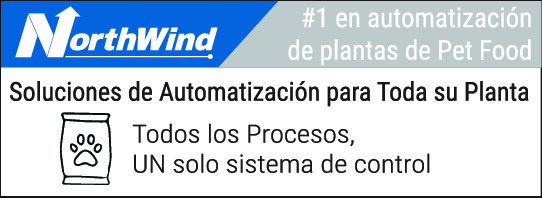Artificial intelligence and robotics have the potential to revolutionize the entire pet industry, from food processing to healthcare and disease prevention.
Let's delve a little deeper into production and preventive medicine, the sectors with the highest implementation of IA today.
IA in food production
Automation, artificial intelligence and robotics are becoming increasingly important in food and beverage processing, both for humans and pets. Although the main objective is not to incorporate AI in certain instances of the process, but to integrate it systematically and comprehensively into all the operations of the production process, the advances and tests go, logically, by sectors:
Quality control
The use of robots in the palletizing area is not new. However, AI is breaking into these operations providing the possibility of improving quality inspections. For example, a robotic palletizer with a vision system allows better detection of defective or poor-quality food batches, allowing the process to be stopped before it is finished and thus saving time, costs and efforts.
If we talk about quality control, any type product classification is complex and necessary. Normally, there would be one person doing these inspections, but now we have vision systems that can detect anomalies and take action to remove defective products or help employees making better decisions.
Disease predictive models
The pet care industry is moving toward prediction: instead of tackling diseases once they occur, there is a growing focus on extending pet health and preventing health problems.
Currently, we can collect a wealth of data about pets from veterinary medical records, diets, daily activity, and even genetic makeup. This contains hidden patterns that, if connected, lead us to a better understanding of the behavior and responses of animals to certain stimuli.
Artificial intelligence allows us to cross and review these patterns efficiently and effectively. In a way, what it does is unlock the latent power of the data of one and millions of pets.
The implementation of AI seeks not only to understand how the genetics and behavior of a pet can reveal valuable information about its general health but also the collective construction: crossing patterns, behaviors, and analysis, we will find new ways to assist animals in the process of development of a problem or disease.
Case studies
For example, in the case of scratching dogs, AI can be used to find movement patterns in dogs diagnosed with a skin condition and detect, in advance, when they will start scratching more often, through activity monitoring with a sensor on the necklace.
The same technology works to detect when a dog starts to develop joint problems like osteoarthritis. AI can be used to identify subtle variations with gait activity tracking devices to identify possible arthritis preemptively or, at least, earlier in the disease development process.
In the case of obesity, the extra challenge is that the studies and controls carried out by veterinarians are not recorded uniformly: sometimes they remain as notes, sometimes as a body condition score, etc., which makes it difficult to obtain an adequate set of standards for pet weight and body condition scores in a large sample.
To address this, Mars Petcare developed a natural language processing (NLP) algorithm for veterinary hospitals that efficiently extract this information. The model has helped detect 30% more cases of obese pets and identify a specific problem with overweight and obesity in cats. The system allows veterinarians to explore treatment pathways after diagnosis while assessing which interventions were most successful and make the best decision for each particular case.
Because many diseases have better outcomes if detected and treated earlier, predictive models have the potential to be transformative for veterinary care. However, the goal transcends prevention: if we at least manage to treat it in advance or stop part of its development, we are already gaining more quality life time.
Pet wearable devices and IA Innovation
We are already seeing an explosion of AI tools in the pet industry, and it will continue that way for some years to come. The new generation of wearable devices, now for pets, uses AI to interpret data.
A clear demonstration of evolution and innovation is that of activity trackers. These are no longer limited to tracking the number of steps a pet has taken; today they seek to identify behavior patterns that may impact health. For example, monitoring animals that scratch and lick can help owners and veterinarians identify an underlying cause when these behaviors increase or change.
In 2022, it is difficult and even illogical to think that the growing industry, such as pets, will not be transformed thanks to artificial intelligence. In our case, we will see more and more improvements and implementation in veterinary care, diagnostics, and pet food production.
Without a doubt, we can affirm that we are moving towards a reality in which AI puts at the center what should be in it: food manufacturers, owners, and veterinarians at the service of artificial intelligence in pursuit of care and improvement quality life of all pets.
After all, anything that involves nutrition and care improvement means working towards longer, happier, and healthier pet lives.
Source: All Pet Food
You could be interested: We enable the green transition
About author
Luciana ChippanoI am Luciana Chippano, I accompany digital business owners in Latin America to grow by boosting their sales with the most powerful tool: communication. I am CEO and founder of the first academy of Copywriting and strategic digital communication in Latin America. And from there I accompany business owners with personalized mentoring, workshops, courses and advanced training to optimize their communication and sell more.











